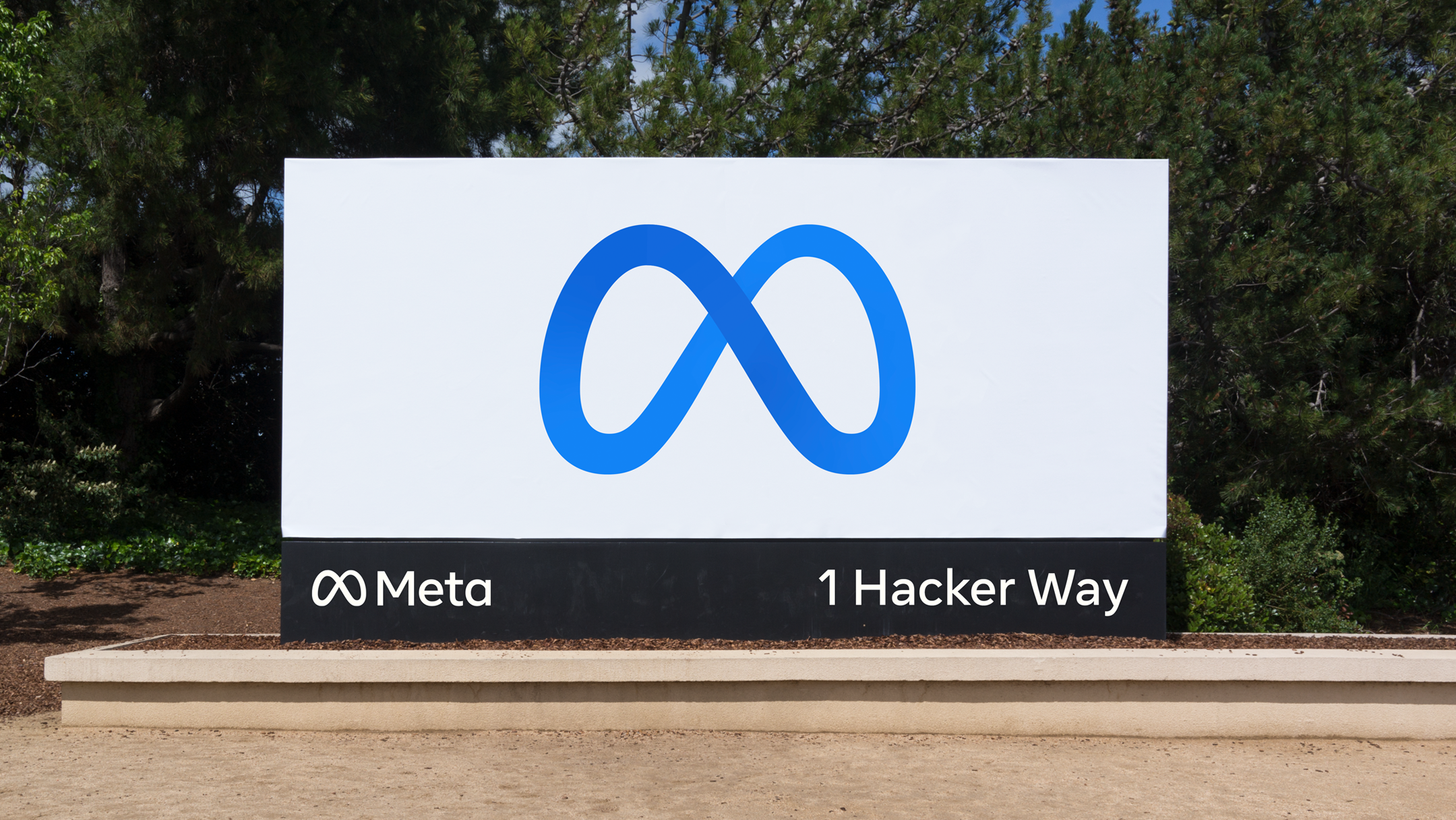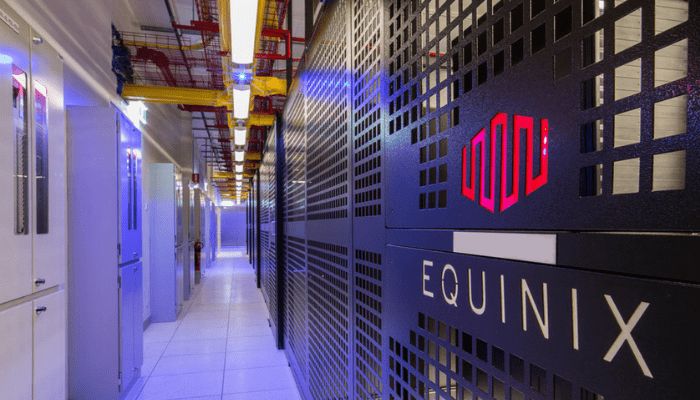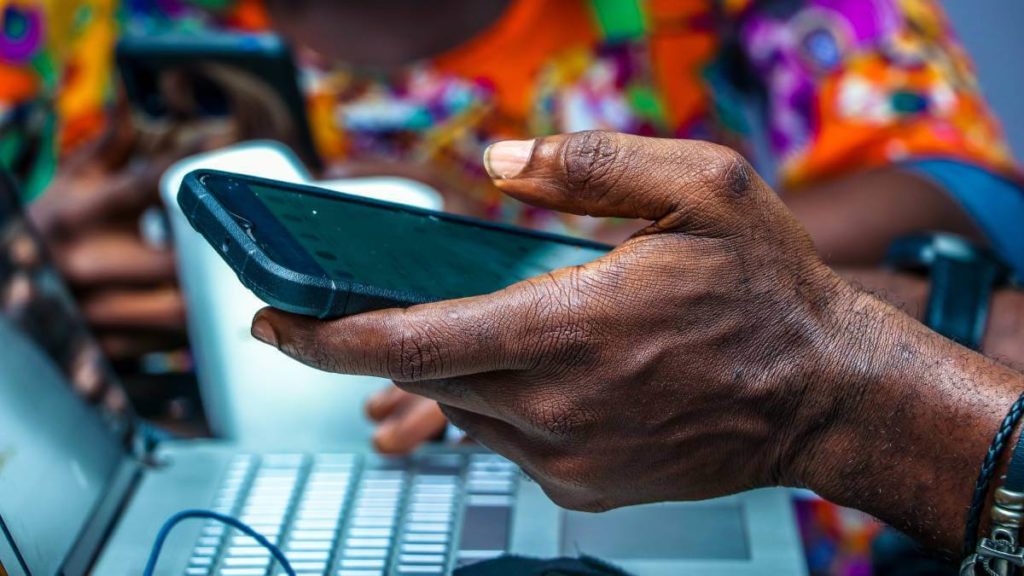Facebook on Thursday, October 28 announced that it has changed its company name to Meta. This change of name was announced by Facebook CEO Mark Zuckerberg at Facebook’s annual Connect augmented and virtual reality conference.
The company said it chose the name “Meta” to serve as a reminder that there is always more to build. The rebrand is part of the company’s efforts to shift gears away from being known as just a social media company and focus on building the metaverse — a virtual-reality space in which users can interact with a computer-generated environment and other users.
“Right now, our brand is so tightly linked to one product that it can’t possibly represent everything that we’re doing today, let alone in the future,” Zuckerberg said. “Over time, I hope that we are seen as a metaverse company, and I want to anchor our work and identity on what we’re building toward.”
Per The Verge, “Zuckerberg owns the Twitter handle @meta and meta.com, which now redirects to a welcome page on Facebook outlining the changes. The site previously redirected to meta.org, a biomedical research discovery tool that was a project of the Chan Zuckerberg Science Initiative. That’s part of the philanthropic arm Zuckerberg co-founded with his physician wife, Priscilla Chan, in 2015. In a Medium post on Thursday, the group says it’s sunsetting Meta.org on March 31st, 2022.”
What’s going to change?
As expected, the new name implies that some things about the way Facebook operates would change. Facebook said its corporate structure is not changing, however, how the company reports its financials will. Starting with results for the fourth quarter of 2021, Facebook plans to report on two operating segments: Family of Apps and Reality Labs. The company also said that it will change its stock ticker from FB to MVRS, effective December 1. In addition, Facebook assured users that the announcement does not affect how the company uses or shares data.
At the Connect conference, Facebook also announced new tools to help people build for the metaverse, including Presence Platform, which will enable new mixed reality experiences on Quest 2, and a $150-million investment in immersive learning to train the next generation of creators.
“Our hope is that within the next decade, the metaverse will reach a billion people, host hundreds of billions of dollars of digital commerce, and support jobs for millions of creators and developers,” Zuckerberg wrote in a letter on Thursday.















